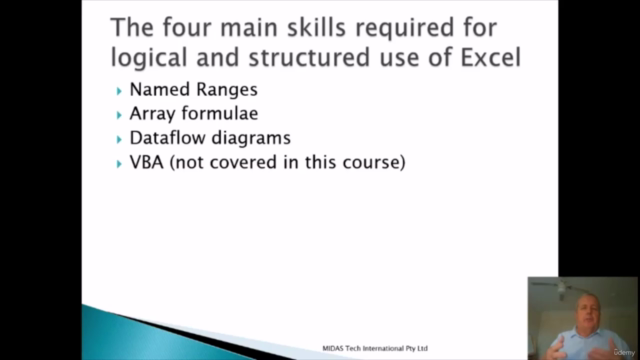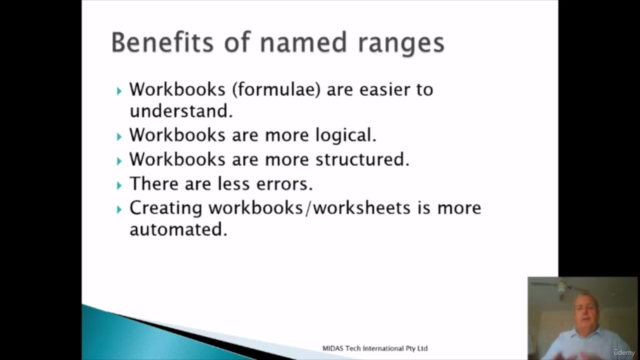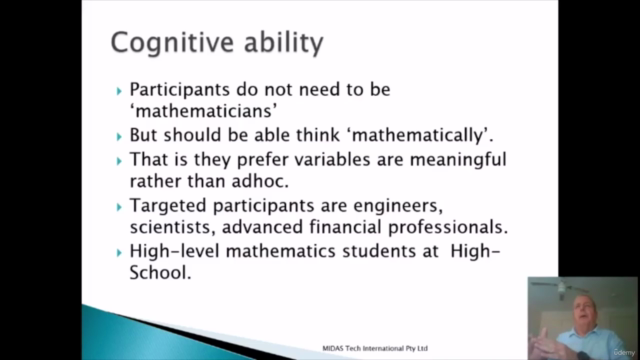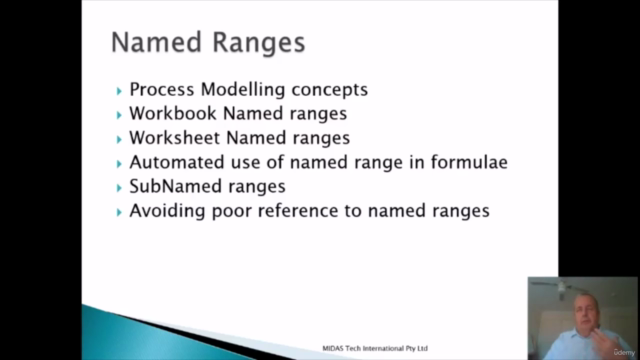Effective use of Named Ranges

Why take this course?
Based on the structure you've outlined, here's a detailed explanation of the lectures and their contents:
Lecture 5: Creating Worksheet Named Ranges
In this lecture, you will learn how to create named ranges that are limited to a single worksheet. You'll understand the concept of scope and how it differs from workbook-scoped named ranges. The advantages and disadvantages of using worksheet-scoped named ranges will be discussed, and you'll practice creating such ranges within a worksheet.
Lecture 6: Data Validation Using Named Ranges
Here, you'll explore how to use named ranges in data validation. You'll learn how to set up validation lists using both unnamed cells and named ranges, with a focus on ensuring consistency and preventing errors by restricting inputs to specified values.
Section 3: Practical Use of Applying Named Ranges
In this section, you will apply the concept of named ranges to a practical example using A1 notation. This involves converting equations to utilize named ranges, which makes the worksheet easier to understand and less prone to errors. The goal is to automate the calculations by referencing data through named ranges rather than specific cell references.
Lecture 7: Creating a Flowchart for Named Range Design
This lecture introduces the concept of using flowcharts or diagrams to help design named range structures. By visualizing the relationships between cells and ranges, you can more effectively plan how to implement named ranges in your workbooks.
Lecture 8: Creating and Applying Named Ranges
In this lecture, you will actually create the named ranges for a given workbook or worksheet. These named ranges are typically workbook-scoped, ensuring they can be used across different worksheets within the same workbook. You'll then apply these named ranges to all relevant formulae, converting them from A1 notation to named range notation.
Lecture 9: Copying Named Ranges
You'll learn how named ranges and their associated formulas are handled when you copy a worksheet within Excel. This lecture demonstrates that the copied worksheet will retain all named ranges, which simplifies the process of creating templates that can be replicated without manually recreating the named ranges.
Section 4: Close
In this final section of the lectures, you'll cover additional topics related to named ranges and Excel capabilities.
Lecture 11: Summary
This summary lecture will help you reflect on what you have learned. You'll recap how to create and use named ranges effectively, the benefits of doing so in terms of workbook clarity and error reduction, and the overall automation of your Excel calculations.
Lecture 12: (No specific topic mentioned)
The final lecture might serve as a closing thought, reinforcing the key takeaways from the course and perhaps providing insights into best practices or next steps for further developing your Excel skills using named ranges and beyond. It could also address potential challenges you might face when working with named ranges and how to overcome them.
Throughout these lectures, you'll be encouraged to apply what you learn in real-world scenarios, ensuring that you not only understand the theoretical aspects of named ranges but can also implement them effectively to enhance your Excel workbooks.
Course Gallery




Loading charts...